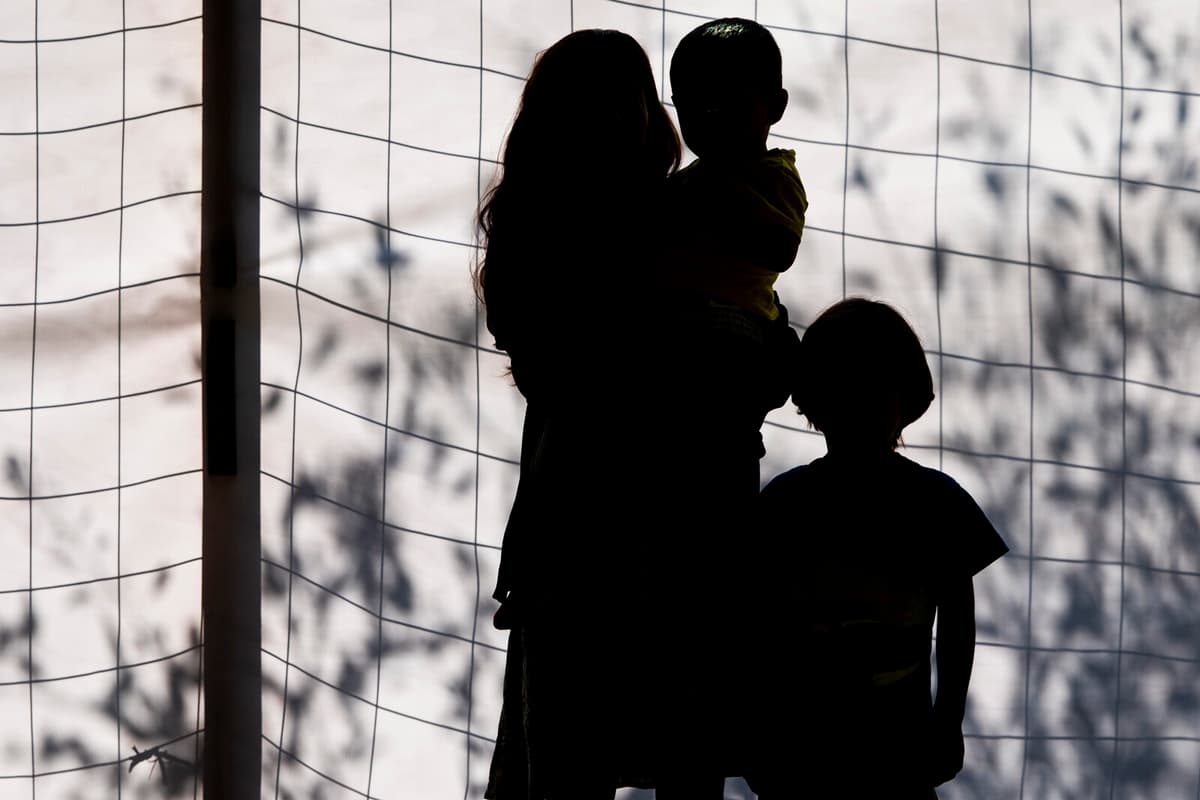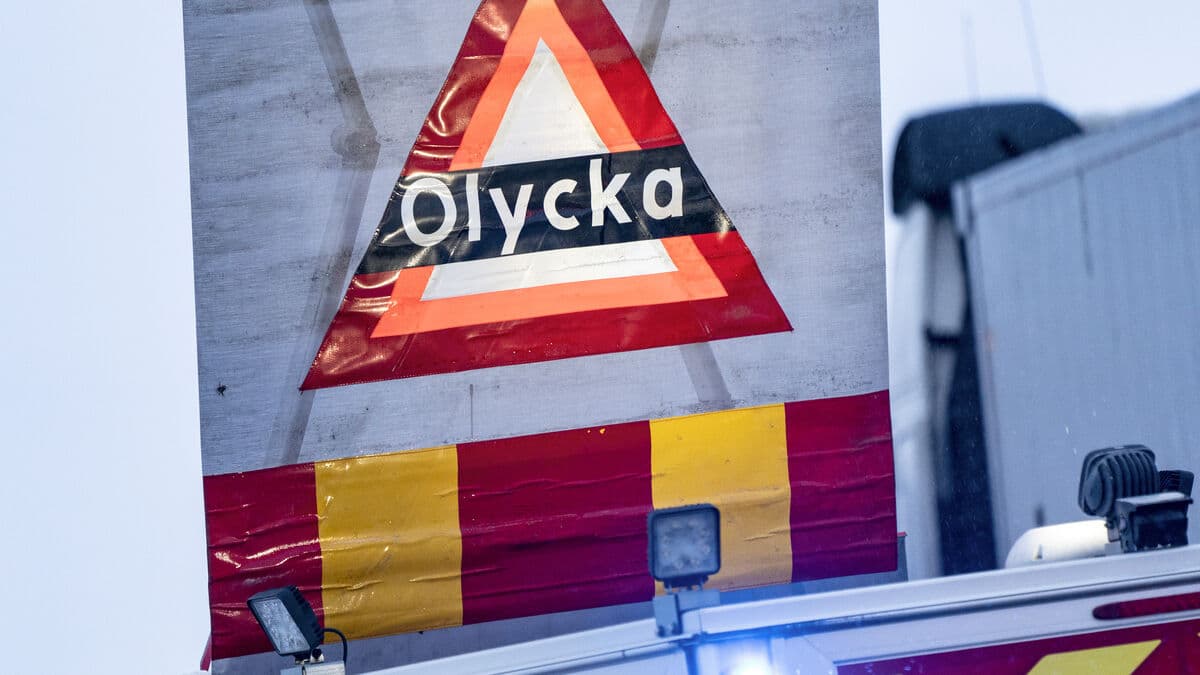The social services have difficulty reaching younger children and the interventions are unfairly distributed depending on the children's background. This is shown by a study from the Swedish Association of Local Authorities and Regions (SALAR) and Karlstad University.
The study is based on over 21,000 child welfare investigations. It also shows that older children, and children who have previously been investigated or received help, receive more interventions than younger children and children who are being investigated for the first time.
SALAR believes that the new Social Services Act, which is planned to come into force in July 2025, will provide a better foundation. Then, interventions can be made without prior investigation, and it will make it possible to provide earlier support to families.
"The new law will give social services better conditions since the preventive work will get greater focus," says Åsa Furén-Thulin, section manager at SALAR, to the organization's website.






